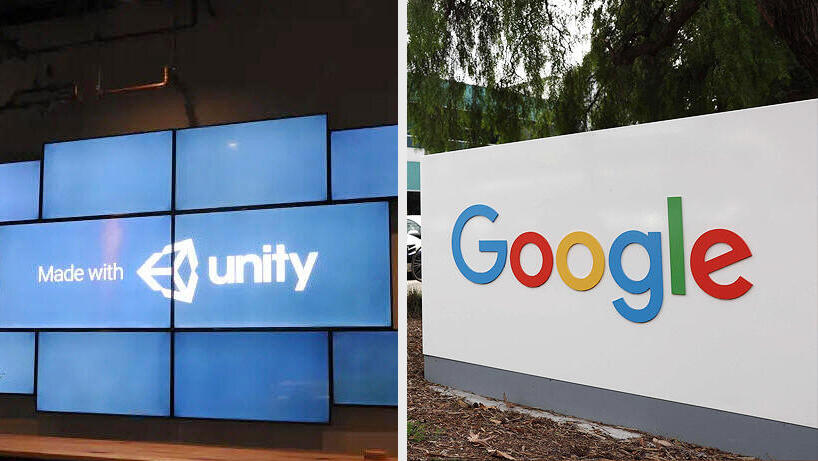
Tech titans start 2024 with mass layoffs, but is the worst yet to come?
Layoffs signal broader industry challenges, prompting fears of further job losses
The new year began with waves of layoffs in Israel and around the world. Google, Amazon, and other giant companies announced significant workforce reductions, with CEOs emphasizing that this is not the last wave, signaling an enduring period of layoffs.
Google CEO Sundar Pichai wrote to the company's employees, stating, “We have ambitious goals and will be investing in our big priorities this year. The reality is that to create the capacity for this investment, we have to make tough choices.”
These decisions primarily involve ongoing workforce reductions, streamlined management levels, closures, and reductions in non-core activities and departments deemed insignificant to the company. The realization that the next few years will prioritize profitability, expense reduction, and an end to boasting about extensive employee recruitment has permeated many companies.
The recent layoffs at giant companies indicate the onset of a significant change in the high-tech industry. This change, driven by an unequivocal demand for profitability and technologies like artificial intelligence, is expected to result in a substantial reduction of the workforce across numerous companies. While these companies once prided themselves on employing hundreds of thousands of workers, the collapse of the bubble revealed that excess manpower is not only an economic problem but also impedes growth and focus. An excess of manpower creates bureaucratic layers in companies, hindering innovation and speed, necessitating change spurred by a major crisis.
One the most substantial layoffs in Israel came at Unity, which merged with ironSource in 2022, employing over 800 workers in Israel before the recent wave of layoffs. As the world's leading player in development tools for game manufacturers, Unity decided to make a significant change, including laying off 25% of the company's employees across all branches worldwide.
In multinational companies, Israel is impacted irrespective of branch success or importance, simply due to its inclusion in the extensive network of activities. While Israel was previously shielded from layoffs due to its status as a significant technological center, recent waves of multinational layoffs have reached Israel. In the case of Google, although only a small number of employees were fired individually, it still proved that Israel is not immune.
In January, with the war entering a kind of routine, companies began to dare to fire workers, a step that they refrained from doing in the early months of the war for fear of anger from employees, families, and the public. Among the companies that waited even though they had planned to lay off workers much earlier are the likes of Orca Security, which laid off 60 employees (some of them in Israel), Trigo, which laid off 30 employees, and Sisense, which laid off 60 employees, of which 15 were in Israel.
The unique situation in Israel is not fully apparent in the waves of layoffs. Matters are only set to deteriorate when companies unable to raise funds or continue their activities will be forced to lay off a significant portion of their employees or shut down. The Innovation Authority offers a quick capital-raising route for distressed companies with NIS 400 million in reserves, but it is contingent on matching capital raised by the companies, which is something many are unable to do.














